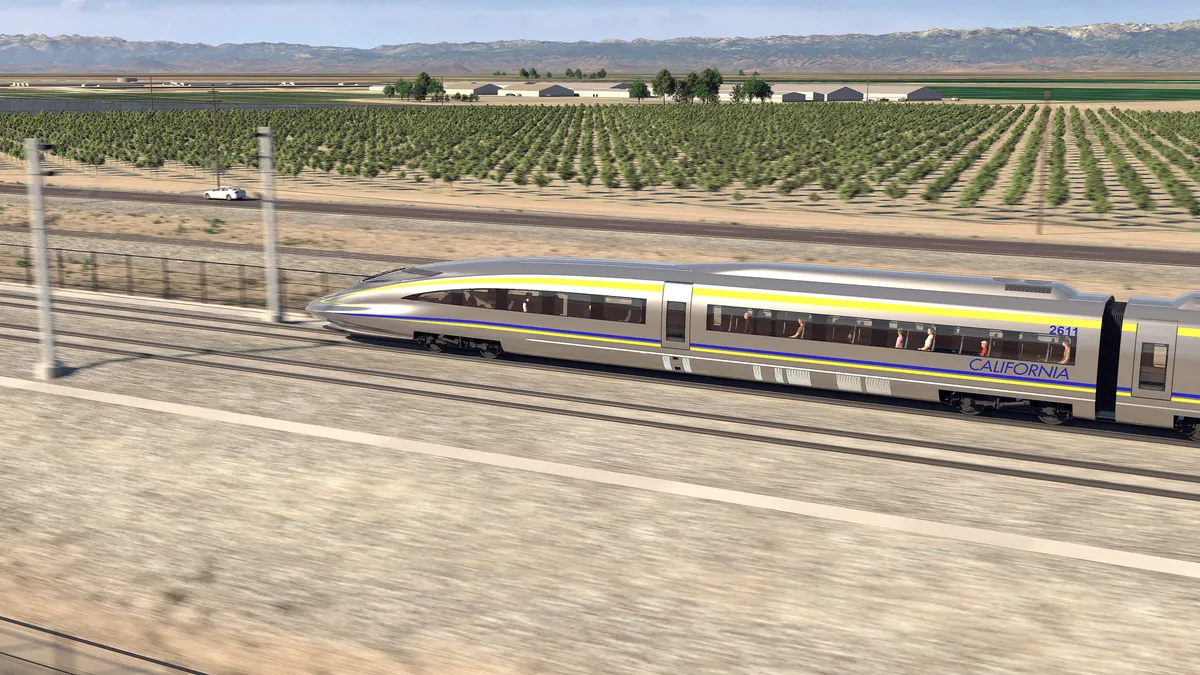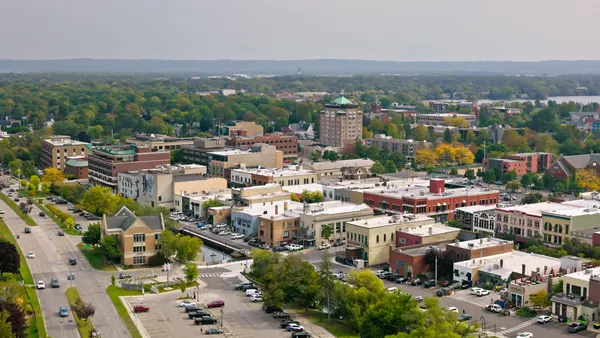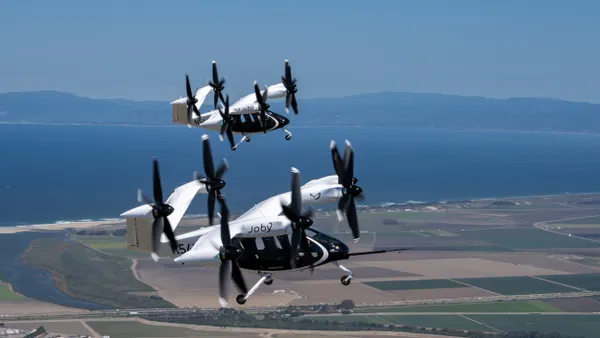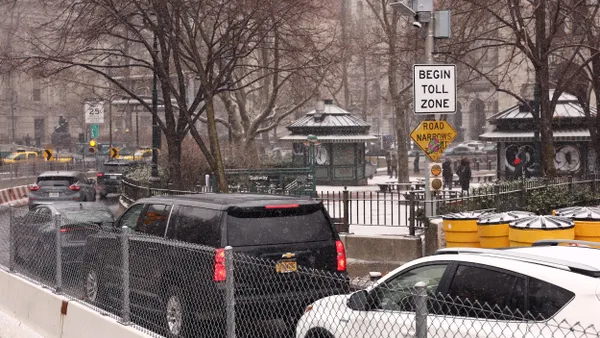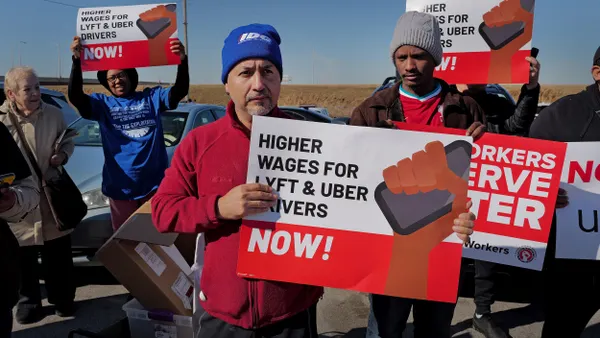Dive Brief:
- The U.S. Department of Transportation announced on Jan. 23 its approval of $2.5 billion in private activity bonds for the Brightline West project to build a high-speed rail line between Southern California and Las Vegas, according to a press release.
- The company, which will also receive up to $3 billion in federal grants, said on Jan. 16 that it is beginning fieldwork in Nevada in preparation for groundbreaking on construction.
- Meanwhile, the California High-Speed Rail Authority’s CEO, Brian Kelly, is stepping down from his role a little more than a month after the White House announced $3.1 billion in funding for the authority’s bullet-train project which could someday connect Los Angeles and San Francisco.
Dive Insight:
The United States lags behind many other countries on high-speed rail, but the tide is turning as projects begin to secure major pots of funding and more projects are planned. Other high-speed rail lines in the planning stages include routes serving the Pacific Northwest, Texas and the Southeast.
The Brightline West route will largely fall within the median of Interstate 15. Initial field work will take place in three locations in Nevada, including one within Las Vegas. The work is being done in coordination with the Nevada Department of Transportation, and construction is expected to take some four years.
The private activity bonds newly approved for Brightline West are tax-exempt and are frequently used for transportation projects, significantly lowering the cost of capital for the private-sector company. The user repays the bonds. The US DOT previously approved $1 billion in such bonds for Brightline West.
“Building a high speed rail corridor from Las Vegas to Southern California will drive economic investment and opportunity across the region,” said U.S. Transportation Deputy Secretary Polly Trottenberg.
Leadership changes in the CA high-speed rail world
Kelly joined the California High-Speed Rail Authority as CEO in 2018, having previously served as the first secretary of the California State Transportation Agency. He joined the authority 10 years after California voters approved Proposition 1A to provide $9.95 billion in general obligation bonds as seed money for the ambitious bullet-train project planned to connect Los Angeles and San Francisco. By then, public support was fading and a state auditor’s report heavily criticized the authority.
The political winds also shifted in both Washington, D.C. and Sacramento, California. In 2019, the Trump administration canceled a $929 million funding agreement with the high-speed rail authority. Newly elected Gov. Gavin Newsom said the state would focus only on the Central Valley portion already under construction, saying, “There simply isn’t a path to get from Sacramento to San Diego, much less San Francisco to LA.” The governor has since become a supporter of the full project and public opinion is now more favorable, according to a recent poll by the University of California, Berkeley.
Kelly worked to steady the ship, and “restructured the entire organization,” the authority’s chair, Tom Richards, told The Fresno Bee. “My goal when I took this position in 2018 was to help stabilize the organization and improve performance such that policymakers would once again consider investing in the project,” Kelly said in his resignation letter. “While there is more work to do, this goal has largely been achieved.”



